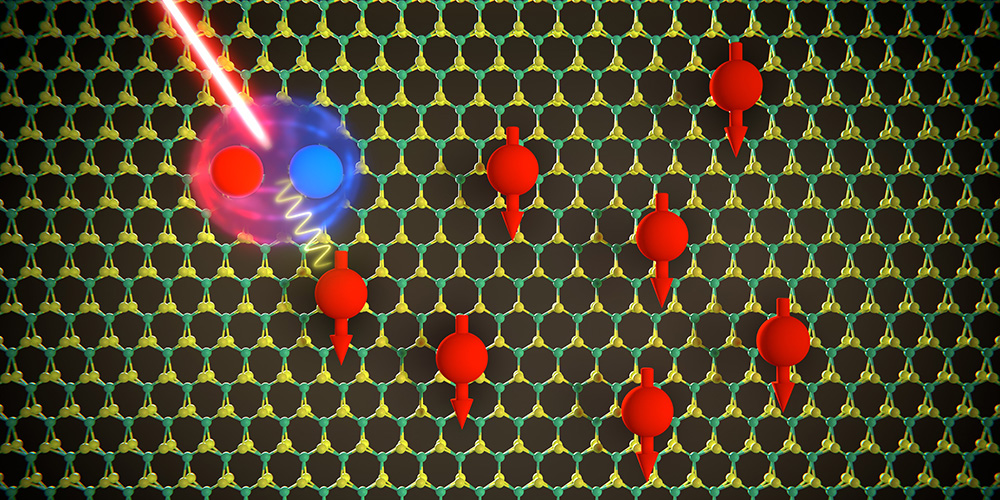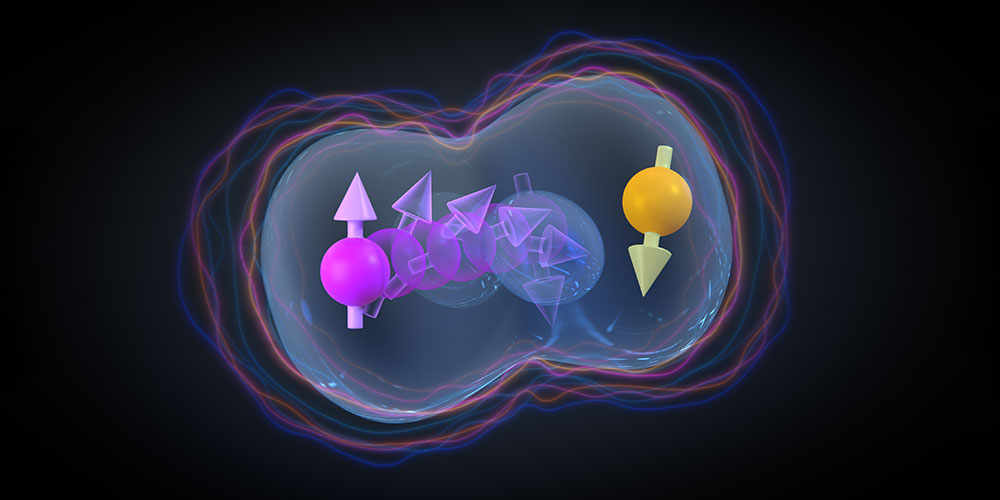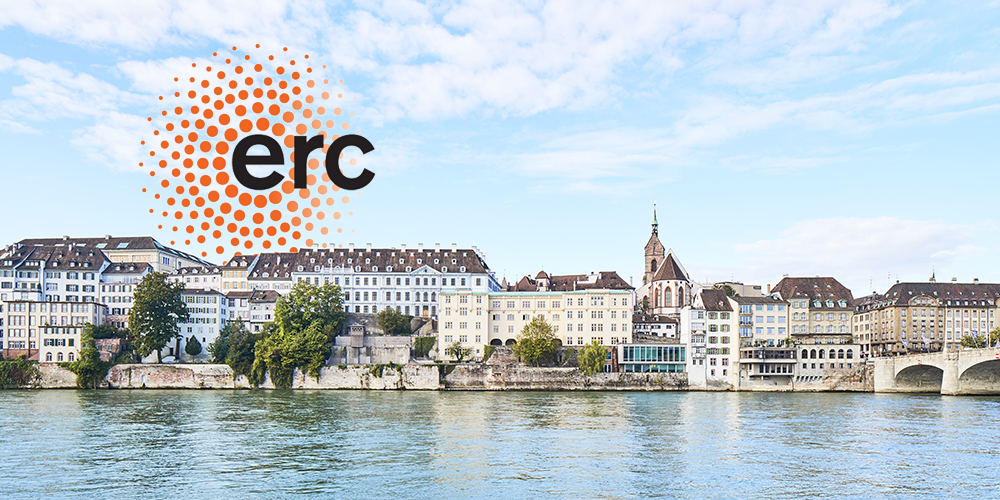Researchers from the University of Basel have looked at how the ferromagnetic properties of electrons in the two-dimensional semiconductor molybdenum disulfide can be better understood. They revealed a surprisingly simple way of measuring the energy needed to flip an electron spin.

Researchers from the University of Basel and the NCCR SPIN have achieved the first controllable interaction between two hole spin qubits in a conventional silicon transistor. The breakthrough opens up the possibility of integrating millions of these qubits on a single chip using mature manufacturing processes.

Light particles, also called photons, do not normally interact with each other. An international research team has now demonstrated for the first time that a few photons can be manipulated and made to interact in a controlled manner. This could advance both medical imaging and quantum computing.

Identical light particles (photons) are important for many technologies that are based on quantum physics. A team of researchers from Basel and Bochum has now produced identical photons with different quantum dots – an important step towards applications such as tap-proof communications and the quantum internet.

In her dissertation, physicist Dr. Natasha Tomm co-developed a super-efficient source of individual photons. Her research could help make data exchange more tap-proof. The Swiss Academy of Sciences has awarded her the Prix Schläfli 2022 in physics.

Quantum bits (qubits) are the smallest units of information in a quantum computer. Currently, one of the biggest challenges in developing this kind of powerful computer is scalability. A research group at the University of Basel, working with the IBM Research Laboratory in Rüschlikon, has made a breakthrough in this area.

Researchers at the University of Basel and Ruhr University Bochum have developed a source of single photons that can produce billions of these quantum particles per second. With its record-breaking efficiency, the photon source represents a new and powerful building-block for quantum technologies.

By layering different two-dimensional materials, physicists at the University of Basel have created a novel structure with the ability to absorb almost all light of a selected wavelength. The achievement relies on a double layer of molybdenum disulfide. The new structure’s particular properties make it a candidate for applications in optical components or as a source of individual photons, which play a key role in quantum research. The results were published in the scientific journal Nature Nanotechnology.

Silicon-based integrated circuits form the basis of modern-day computers. Professor Richard J. Warburton, physicist and head of the new National Center of Competence in Research SPIN, explains why this established material will play a key role in the development of quantum computers.


